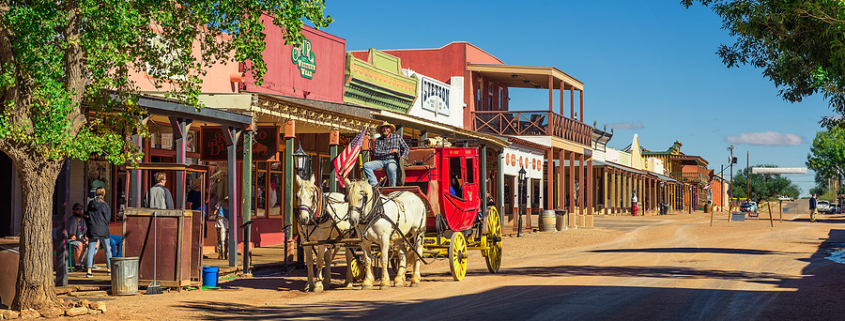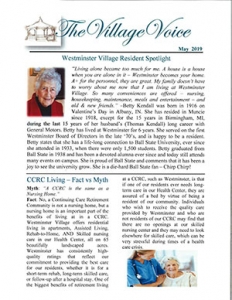Chaplain’s Corner: CXII
“Are People Like Hot Dogs?”
It’s summertime, the season for hot dogs. There have always been two great mysteries
surrounding the quintessential American snack: What are they really made of?
And who actually invented them? The first mystery has become the stuff of urban
legend—as in why does one never see a stray dog sniffing around an Oscar Mayer plant?
The FDA assures us that our worst nightmares have not in fact come true. “
Wieners” are generally comprised of various cuts of pork, chicken, and turkey, while
“franks” come from the beef side of the market. There are of course numerous additives-
seasonings, coloring, sodium, fillers and are certain that you, and the like-which is why
hot dogs taste so good.
Americans put away more than 20 billion hot dogs a year. That works out to something
like 70 per person. If you’ve just done a personal tally and are certain that you couldn’t
have eaten more than a dozen so far this year, it should be dawning on you that some of
your fellow citizens are eating heroic numbers of hot dogs. The second hot dog mystery-
the one about origins-is a vexing one for historians. A handful of entrepreneurs claim to
have launched the wiener-and-frank revolution sometime during the past 150 years, and
each candidate has enthusiastic supporters.
There’s Antoine Feuchtwanger, for instance, a Bavarian immigrant who sold hot
sausages on the streets of St. Louis in 1880. He even let customers wear a pair of gloves
so they wouldn’t burn their fingers. But when a number of customers walked off with
the gloves, his wife suggested serving sausages in a roll.
Then there was the enterprising Englishman Harry Stevens. Sometime before 1920 he
discovered baseball fans really loved eating hot sausage snacks. He called his creations
Dachshund sandwiches. Tad Dorgan, the cartoonist for the New York Post couldn’t spell
“dachshund”. Therefore, he called them “hot dogs.”
This did nothing of course to suppress the rumors of canine constituents, but Stevens
loved the name nonetheless. Hot dog carts-the 1920 version of food trucks began to
appear near American factories. When workers hesitated to sample the “mystery meat,”
some of the cart owners dressed their friends in white medical jackets and encouraged
them to eat a hot dog every day within sight of the crowds. If doctors eat hot dogs they
must be fine. Right?
And so people gradually learned not to worry overly much about hot dog purity.
Unfortunately, the same thing seems to have happened with regard to the purity of
human character. Many people are like hot dogs. Just enjoy each other. Do we really
have to worry about what’s inside? That may be the spirit of our times, but it’s
impossible to overlook that every organized religion is ultimately concerned with some
kind of spiritual purity, mastery or integrity.
Religion generally falls into two categories: those that preach purity as a personal
achievement, and those who preach purity as a gift that God alone can give. The Way of
Jesus falls into Category 2. According to Jesus, God never says, “Oh, just sin just a little
bit, and things will work out in the end.” God asks for utter purity- and then,
incomprehensibly, treats those who trust Jesus for forgiveness as if they had lived up to
that impossible standard.
The only response that seems appropriate to such an arrangement is Wow.
Although some may even be led to say Hot Dog!
Faithfully,
Ron Naylor, Chaplain











